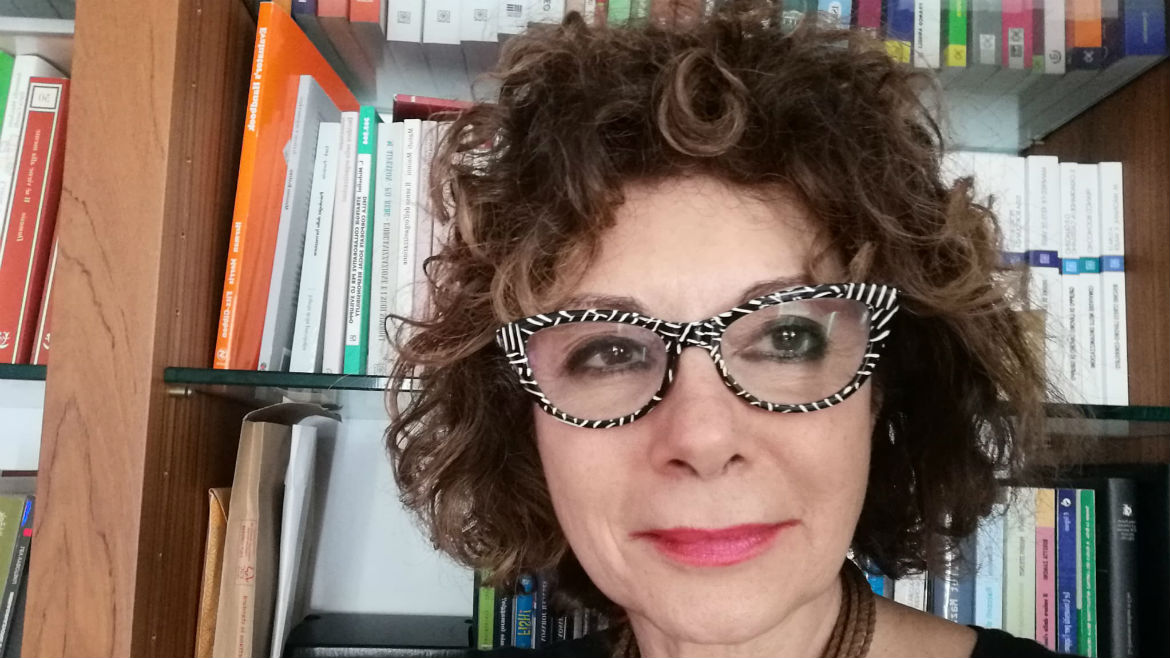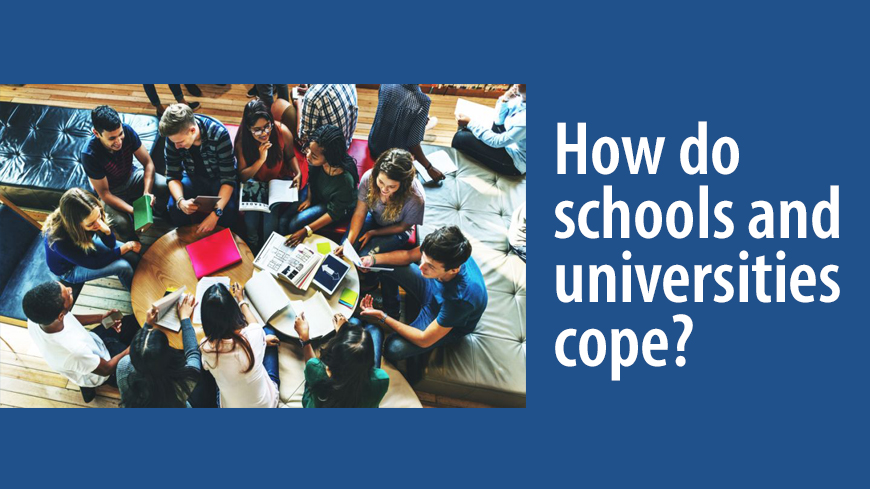Interview with Paula Benevene, Associate professor of Work and Organizational Psychology at LUMSA University

Among the numerous challenges faced by your university in the current COVID-19 crisis, which was the most difficult?
It was difficult switching suddenly to online teaching, while maintaining students’ interest. All teaching staff had just one week to start teaching online and this required a large amount of effort, not only because we had to learn technically how to make the best use of the online platform; but also because we had the challenge of learning how to make this new way of teaching effective and interesting. Prior to the Covid-19 quarantine our students were actively involved in the lessons in a way that was impossible to replicate online. New difficulties arose owing to students’ reduced social interaction, which left them feeling stressed, especially those were not living with their family. We set up a psychological support service for students, and as teachers, we tried to stay as close as possible to our students. We realised that offering good lessons would not be enough.
Which innovative solutions you have found in handling this crisis, that you would like to share with other universities?
As mentioned before, the offer of a free-of-charge psychological support service was helpful. We tried also to have informal meetings with students, either in groups or individually. Our aim was to offer them the opportunity of expressing their feelings and of talking about their difficulties during this period.
We organised ways of involving students in activities directed at helping other people. For instance, a teacher together with some students developed a game similar to “Snakes and Ladders", but revisited in the light of the rules required by the coronavirus. It was aimed primarily at children, for teaching and explaining the rules of the quarantine to them. It was a big success not only in Italy, but also in other countries. It has been translated into Spanish, English and Portuguese.
This was important for the students, because they saw that it was possible to do something for the others, even in exceptional times. It was a way of teaching solidarity.
Do you think that there will be changes in your university once this crisis is over? If yes, could you highlight the most important in your opinion?
Our university will definitively develop more innovative teaching activities, adopting the online platform. This means training for teaching staff. The quarantine period will speed up digitisation of administrative processes. From a more informal point of view, teaching staff now realise that we have to take new teaching needs into consideration, and also that we must find ways of supporting our students psychologically, to maintain their morale.
What could the Council of Europe offer in response to this crisis?
The epidemy has suddenly and dramatically changed the lives of everybody. We need to think of new ways of addressing the economy and the environment, adopting a bottom-up approach. We need to develop solidarity across cultures and countries. First, we should start with children and young people, since they have responsibility for our future world. The Council of Europe might want to promote the possibility of small but replicable activities involving children and young people, which give them the opportunity to invent and experience new ways of expressing solidarity, as well as to understand that we all share the same world and that we are all responsible for the correct use of its resources. Children and young people can be very creative, we can involve them in devising small but useful ways of changing our society positively, because each of us can make a difference, through individual behaviours.
Secondly, we have to re-think our ways of working and understand which new jobs, which new skills are necessary for facing the post-corona virus era. Thus, the Council of Europe might want to promote studies and innovative, replicable practices and activities aimed at fostering new jobs and new skills.



